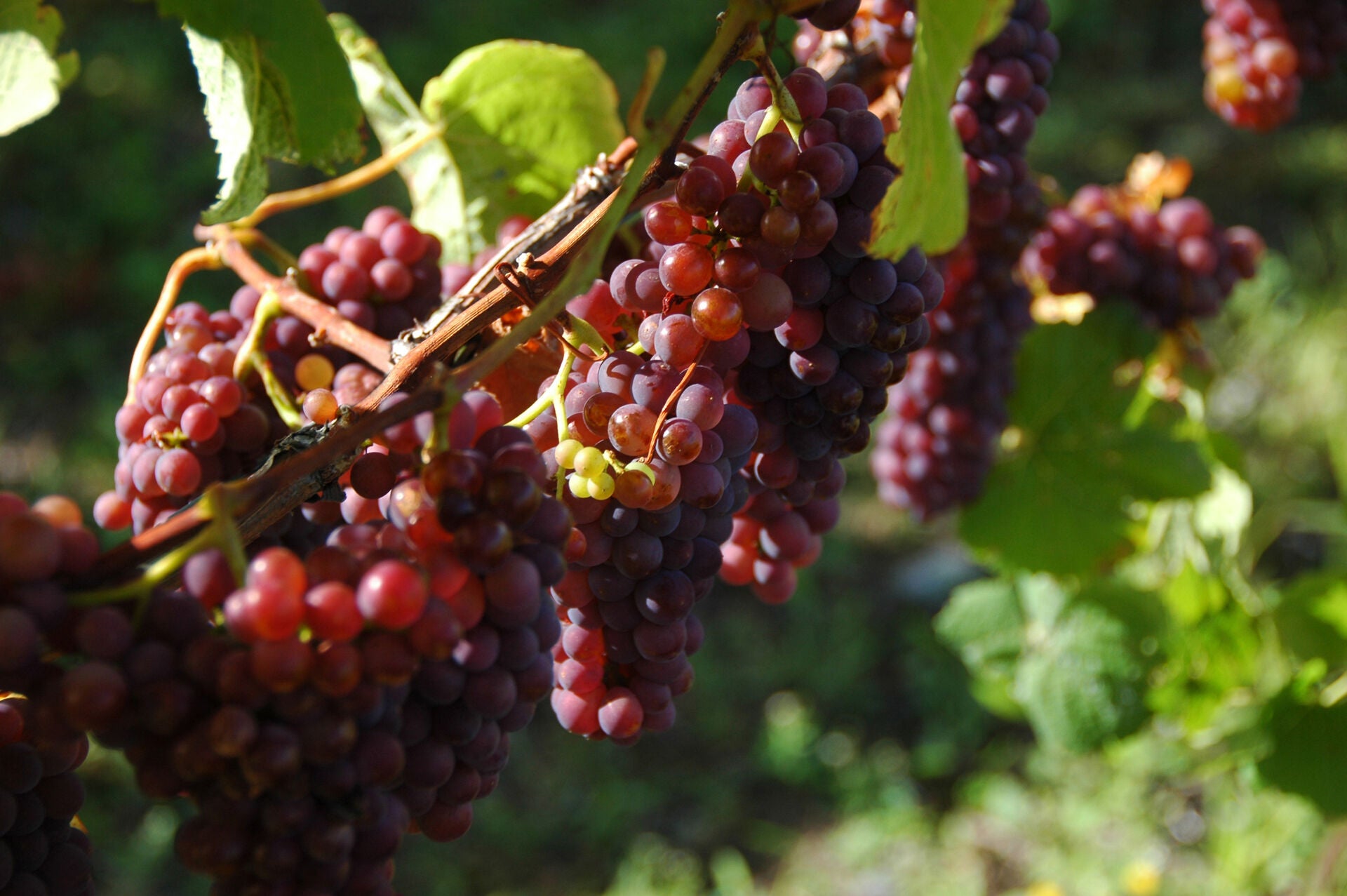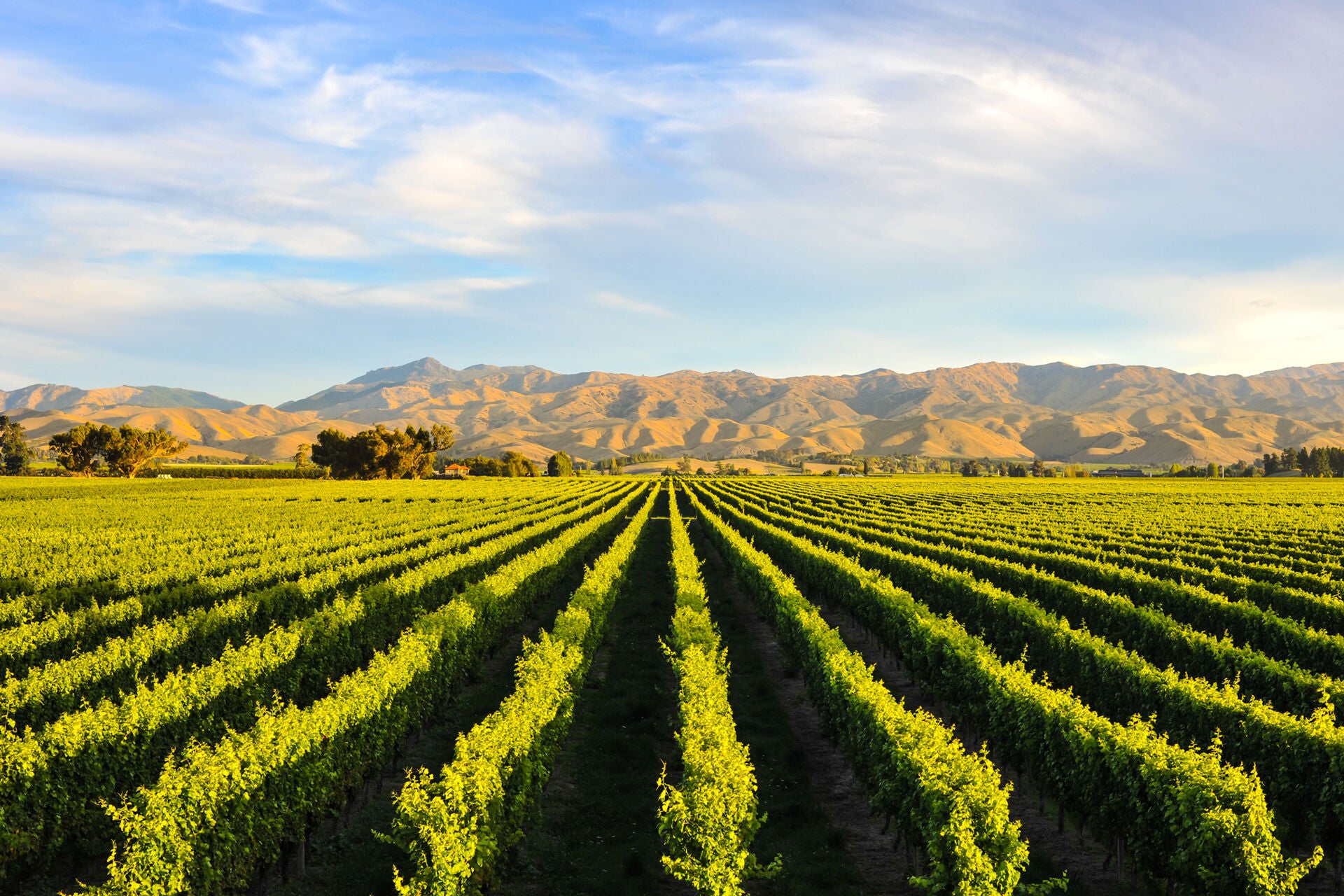Wine’s appeal goes beyond romantic vineyard.

As the global pandemic swept through countries, shuttering food businesses regardless of whether they were white tablecloth high-end restaurants or roadside diners, New Zealand’s wine industry nervously started revising industry budgets.
Worst-case scenarios included winding back sales by 25 percent from March to January 2021 as it prepared for what appeared an inevitable hit to the industry’s ability to sell bottles through the bar and restaurant trade.
The irony for many was that this would come after what NZ Winegrowers chairman John Clarke had described as a “near perfect” growing year, with a truly memorable vintage.
However happy to be proved wrong, industry executives have instead witnessed a surge in New Zealand wine exports alongside higher domestic demand, with all the arrows that were expected to be pointing down, heading up instead.
Rabobank’s latest data highlights how successful the sector has been in weathering the first wave of Covid-19 lockdowns. Up to the end of August New Zealand wine exports enjoyed a solid 10 percent growth in volume and 11 percent growth in value against the same period last year.
The only other country globally to experience an increase in exports was Argentina, however, that was all at the cost of value with the 48 percent surge in volumes offset by a fall in value of 2 percent. The New Zealand wine sector’s efforts to grow value alongside volume have proven robust.
Lockdowns across the globe have resulted in exporters moving from supplying the food service sector to greater online and retail sales instead as consumers seek out quality wine to match their in-home culinary behaviour.
Meantime here at home, a similar experience has been enjoyed by the sector. Despite the loss of about 700,000 tourists who visit winemaking regions every year, sales to locals have remained robust. Over lockdown wine consistently fell into the “top five” category of supermarket purchases, up 12 percent on a year ago.
Despite the loss of about 700,000 tourists who visit winemaking regions every year, sales to locals have remained robust. Over lockdown wine consistently fell into the “top five” category of supermarket purchases, up 12 percent on a year ago.
Along with prospects of a good harvest this year and low interest rates, interest in wine growing country is robust and widespread.
Bayleys Marlborough viticultural sales specialist Kurt Lindsay says interest in the grape growing sector has been strong this year, with a spike in enquiry for smaller lifestyle size blocks in particular.
“The interest in these 4-8ha blocks which often include a home has been particularly strong from Auckland buyers who are finding compared to the value of their house there, they can acquire not only a home, but a block that earns them $80,000-$160,000 a year.”
Typically, a buyer could expect to pay between $2 million and $3.5 million for such a sized block, depending upon location and variety.
Options for ownership and management of vineyards are flexible, ranging from contract growing to leasing out the entire block to larger commercial entities to manage and harvest.
“As a contract grower you can expect at least a 9 percent return, and if you trade off some risk as a leased block you would still be looking at about 7 percent, it’s a good return in the current market.”
As a contract grower you can expect at least a 9 percent return, and if you trade off some risk as a leased block you would still be looking at about 7 percent, it’s a good return in the current market.
Supply is tight for larger commercial blocks over 20ha and globally, international wine company interest in blocks is strong as New Zealand’s reputation as a leading-edge New World wine country has become recognised.
Rapid development in recent years has almost completely filled the Wairau Valley with plantings, while the Awatere once regarded as a ‘less desired’ location to the Wairau is proving to deliver high-quality wines in its own right.
Typically, most vineyards in Marlborough will feature ever popular Sauvignon Blanc grapes.
“But, we are also seeing some interest in chardonnay grapes and some pinot gris there in the background too.”
Joint research and collaboration on winemaking and growing methods is also helping New Zealand reduce its reliance upon sauvignon blanc which accounts for 60 percent of the national crop and over 80 percent of New Zealand exports.
The recently opened Bragato Research Institute in Blenheim is leading work on creating well-flavoured wines that have 30 percent lower alcohol, keeping New Zealand abreast of the rapidly evolving younger health-conscious market.
Bayleys national director rural Duncan Ross says as interest rates drop to all-time lows, the traditional appeal of owning a vineyard has been enhanced by the capacity to earn a cash return far above what could be made from a more passive investment.
“The flexibility of that ownership also means owners who may have been put off by not having enough knowledge about grape growing, despite their love of wine, can contract the management out without completely forgoing a reasonable return from their investment.”
